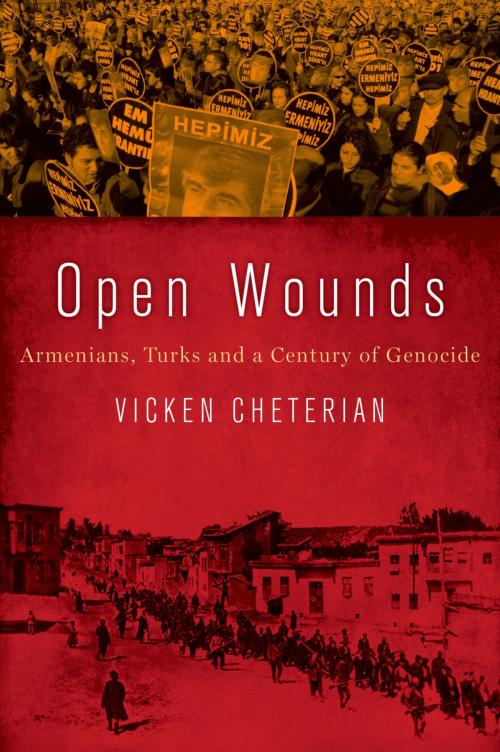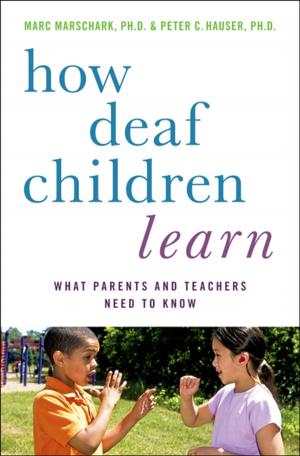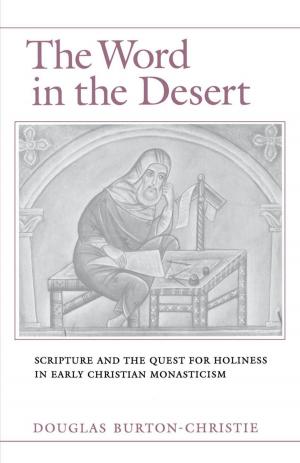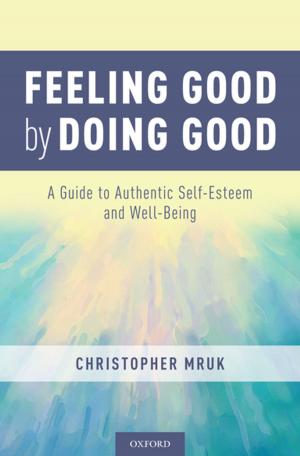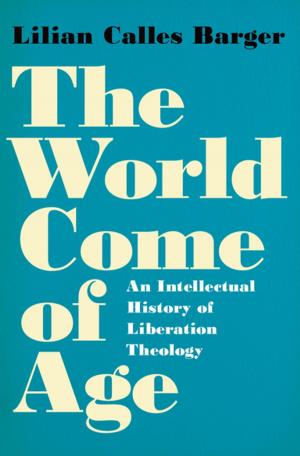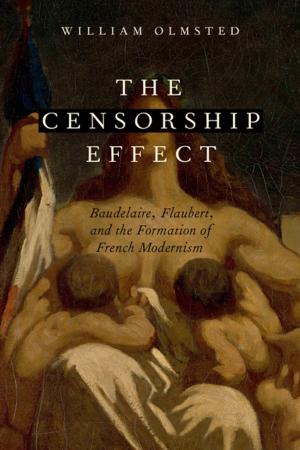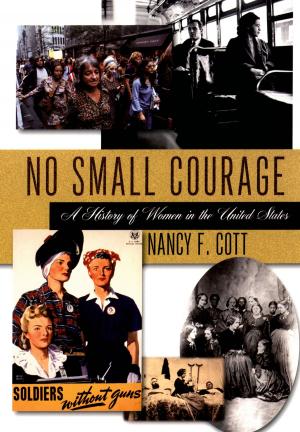Open Wounds
Armenians, Turks and a Century of Genocide
Nonfiction, History, Middle East, Modern, 20th Century| Author: | Vicken Cheterian | ISBN: | 9780190263522 |
| Publisher: | Oxford University Press | Publication: | September 16, 2015 |
| Imprint: | Oxford University Press | Language: | English |
| Author: | Vicken Cheterian |
| ISBN: | 9780190263522 |
| Publisher: | Oxford University Press |
| Publication: | September 16, 2015 |
| Imprint: | Oxford University Press |
| Language: | English |
The assassination of the author Hrant Dink in Istanbul in 2007, a high-profile advocate of Turkish-Armenian reconciliation, reignited the debate in Turkey on the annihilation of the Ottoman Armenians. Many Turks soon re-awakened to their Armenian heritage, reflecting on how their grandparents were forcibly Islamised and Turkified, and the suffering their families endured to keep their stories secret. There was public debate around Armenian property confiscated by the Turkish state and the extermination of the minorities. At last the silence had been broken. Open Wounds explains how, after the First World War, the new Turkish Republic forcibly erased the memory of the atrocities, and traces of Armenians, from their historic lands -- a process to which the international community turned a blind eye. The price for this amnesia was, Vicken Cheterian argues, "a century of genocide." Turkish intellectuals acknowledge the price society must pay collectively to forget such traumatic events, and that Turkey cannot solve its recurrent conflicts with its minorities -- like the Kurds today -- nor have an open and democratic society without addressing the original sin on which the state was founded: the Armenian Genocide.
The assassination of the author Hrant Dink in Istanbul in 2007, a high-profile advocate of Turkish-Armenian reconciliation, reignited the debate in Turkey on the annihilation of the Ottoman Armenians. Many Turks soon re-awakened to their Armenian heritage, reflecting on how their grandparents were forcibly Islamised and Turkified, and the suffering their families endured to keep their stories secret. There was public debate around Armenian property confiscated by the Turkish state and the extermination of the minorities. At last the silence had been broken. Open Wounds explains how, after the First World War, the new Turkish Republic forcibly erased the memory of the atrocities, and traces of Armenians, from their historic lands -- a process to which the international community turned a blind eye. The price for this amnesia was, Vicken Cheterian argues, "a century of genocide." Turkish intellectuals acknowledge the price society must pay collectively to forget such traumatic events, and that Turkey cannot solve its recurrent conflicts with its minorities -- like the Kurds today -- nor have an open and democratic society without addressing the original sin on which the state was founded: the Armenian Genocide.
